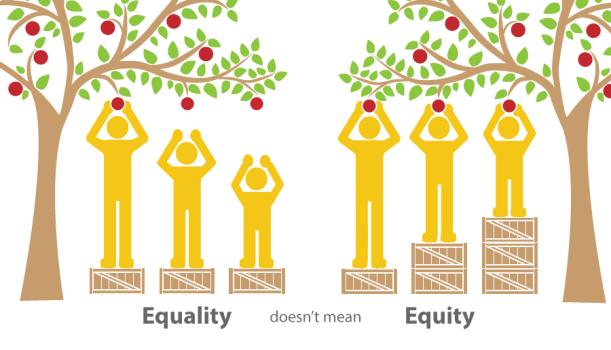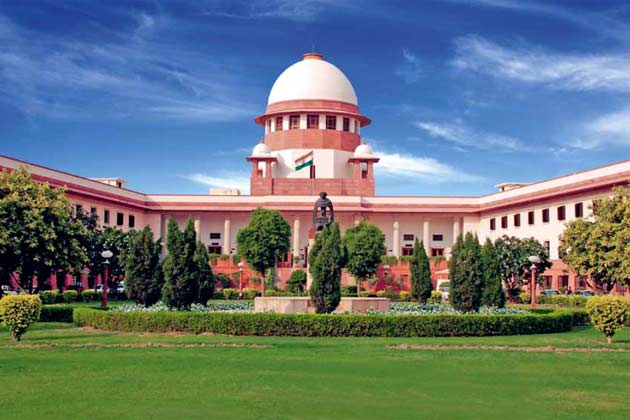
Nomenclatures can be misguiding and result in a new line of thought being sown in the masses. One such term which is frequently used and misunderstood the most is ‘Reservation’
Every Indian has encountered reservations, some have benefitted while some have been left out of the system. It depends on the system and which caste you belong, that determines your view on Reservation’. India has two types of reservations, one is the oldest and most practiced being accepted a norm, while the other is a recent one, only implemented by the government but vastly talked about, criticized, and also misunderstood.
To get a glimpse of both, no one questions ‘reservation’ in a temple. Politicians reserve their constituency for their next generation and we accept it as a norm, so is the story in a corporate setup of a listed company. In this scenario of Merit vs Nepotism or Caste Based Advantage, it’s the latter that wins with acceptance from the masses. Its only government enabled representation, termed as reservation, is under the scanner.
This nomenclature for representation, which all use ‘reservation’ has become one of the root cause of misunderstanding the whole core of it. It further extends itself to the idea of a poverty alleviation scheme or program which is grossly miscommunicated by the masses.
Article 16(4): Nothing in this article shall prevent the State from making any provision for the reservation of appointments or posts in favour of any backward class of citizens which, in the opinion of the State, is not adequately represented in the services under the State.
For the SC and the ST, the core of reservation was representation thanks to discrimination existing then and now in the society. It was not intended to address their economics, which may or may not be the outcome for the beneficiary. An SC manual scavenger, gets a government job, but it rarely helps the family to come out of poverty, it only stabilizes their income as long as the employed family member is alive and working.
In the case of the OBC’s, the primary objective that the Mandal Commission had was to identify the conditions regarding social and educational backward classes to consider the question of reservations of seats and quotas. An 11 points criteria encompassing social, educational, and economic parameters made way for Christians in Karnataka, Kerala, and Maharashtra, made way for Rajputs in Karnataka and Gujarat, and also for Muslims in many states to be part of the list. Daivadnya Brahmins – Karnataka, Bhargav Dakaut or Joshi Brahmins – Rajasthan, Madhya Pradesh, Haryana, Punjab, and Delhi, Kattaha Brahmin – Rajasthan, Saurashtra Brahmins- Tamil Nadu and Kerala, Maharashtra Brahmins in Kerala, Rajapur Saraswat Brahmins & Sthanika Brahmins – Maharashtra, Kerala and Karnataka and Bairagi in the few states are also part of the OBC List.
OBC list addresses backwardness and not economics. The objective of SC, ST, and OBC reservations are different, but none of them has its roots in addressing economics or considers economics as criteria for inclusion in the list. The objective can largely be summarised to be social inclusion and welfare of people.
Today, the talks of reservation enters the arena of economics, something reservations never intended to do. The reserved candidates got educated, built a house, own a car, go on a foreign trip etc, which any individual would do when the economics go correct. What they still need to overcome is discrimination and their backwardness. Which was the core objective of reservation.
People have misused and misunderstood reservations objective. If we carefully see the surnames in top government posts, the majority are still from the few dominant castes. Representation of SC ST OBC is ‘limited’ to the reserved seats and not beyond.
To change the narrative of the people towards reservation, we need to start terming it as representation. This discourse shall make it clear to many the core philosophy behind the noble act, their criticism would be minimized to a vast extent as factual figures would be helpful. Their outlook towards this shall change and some would be in favour of this. Today the youth understands caste discrimination, wants to end, but is misinformed of reservation. If we expose them the idea of representation, henceforth, their voices hopefully shall be towards ending caste-based discrimination.
A representative seat in place of a reserved seat would shoulder responsibility on the candidates to study, work in best interests for their community. We hear comments about the ineligibility of candidates to pass exam or work efficiently, while a part of this is true, those candidates would get support when they are representing a community.
A minor change of terminology hopefully can swing the outlook people have towards reservations. Rather than terming the act, let us term it by the philosophy and core value of representation and discard reservation.
Vivek Sakpal is a publisher
IF YOU LIKED THE ARTICLE SUPPORT PEOPLE’S JOURNALISM














































